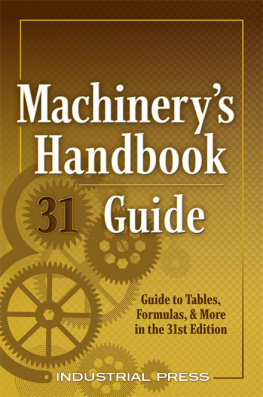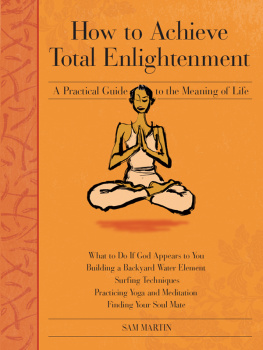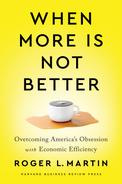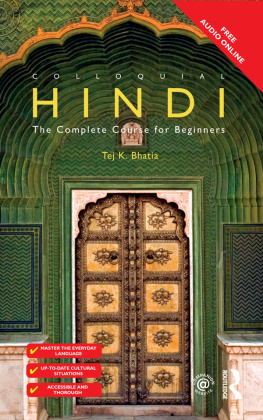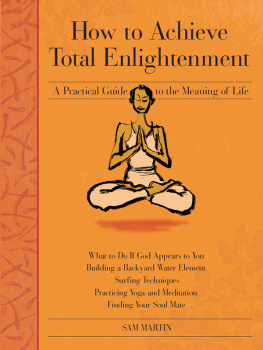First published in 1977 in Great Britain by
FRANK CASS AND COMPANY LIMITED
Gainsborough House, Gainsborough Road,
London E11 1 RS, England
This edition published in the Taylor & Francis e-Library, 2005.
To purchase your own copy of this or any of Taylor & Francis or
Routledges collection of thousands of eBooks please go to
www.eBookstore.tandf.co.uk.
and in the United States of America by
FRANK CASS AND COMPANY LIMITED
c/o Biblio Distribution Centre
81 Adams Drive, P.O. Box 327, N.J.07511
Copyright 1977 R.Jouejati
ISBN 0-203-98799-3 Master e-book ISBN
ISBN 0 7146 3097 7 (Print Edition)
All rights reserved. No part of this publication may be
reproduced in any form or by any means, electronic,
mechanical, photocopying, recording or otherwise,
without the prior permission of Frank Cass and
Company Limited in writing.
Introduction
In his preface to the Oeuvres Compltes of Roger Martin du Gard, Albert Camus finds it no paradox that the present we live in can be found in the past,1 in works such as those of Martin du Gard. In fact, the striking characteristic of du Gards political and social ideas is that although they are chronologically retrospective, nevertheless they reflect the present and are also likely to portend the future.
Perhaps this sense of continuity may account for the fact that, while at first relatively unnoticed,2 the works of du Gard were later appreciated as throwing light on the events of our times. They reveal Martin du Gards unique mastery3 of the analytical methods of Classicism: the search for the motives of human action, careful sounding of human emotions and meticulous elaboration of the fundamental truths underlying mans thinking. Indeed, discipline of thought, acute observation of human psychology, supremacy of reason, and the artistic integration of all these are the classical traits of a modern writer that give to his works their universality. Writing in a time of turmoil, of rapidly changing mental attitudes, of emerging creeds and ideologies, du Gard remained faithful to the classical tradition. However, he was ahead of his time. Although touched by the conflicts which, twice in a generation, produced incalculable suffering, misery and ruin to a vast section of mankind, from his high perspective, he could assess, as Tolstoi4 did, the futility of the quarrel, the facuity of the blind instincts that unleashed fanaticism and led to destruction. He was not greatly impressed by patriotism as a justification of war. He foresaw the disaster that affected both victors and vanquished. He felt that patriotism, founded on love of fellow-men and native land, was debased when associated with hatred and prejudice. He revolted against this. His revolution was a moral one: it appealed to the conscience of man. It was a radical one: it aimed at plucking out the roots of corruption in man. It was a universal one: its goal was to try to replace a system of inequality and injustice by one of cooperation, fair play and social equality. This goal was to be reached by reform, persuasion, re-adjustment and reconciliation. He believed that violence produces no real revolution. It leads only to more violence. To crush one class merely to establish another class in power is the worst form of action.5 To try to correct the ills of society by disregarding mans dignity, is bound to fail in the task of elevating him. Ideologies that lead to such results are unworthy. No ideology is valid which does not transcend the limits of kinship, creed, race and national frontiers, and to ensure this transcendance, a strenuous effort of abstraction from social conventions is necessary. Hence, the central posture of du Gard assigns to the individual, constantly struggling against the limitations that society imposes on his aspirations for freedom.6
Martin du Gards system of readjustment and conciliation places the individual in his rightful position as a significant member of society. As such a member, the individual contributes to the common good. He is confident of obtaining his reward because he believes in the fairness of collective conscience. He thus becomes a recognized and integral part of a larger world. The consciousness of man as a personality dissipates the myth of a society which obliterates man as an insignificant individual, and turns him into a social atom. Moreover, the position of the individual in history is emphatically reasserted. His conscience is stirred into an appreciation of his role in history. History is the sum total of the actions, interactions and reactions of man. Its course is determined by its actors and their roles. Its flow is uncertain and unpredictable, inasmuch as the behaviour of its actors fluctuates and changes. Some incidental or insignificant event may change the whole course of history. Blame of and responsibility for fateful events cannot be placed solely upon history, nor upon the individual, a mere actor. The hope of salvation rests in prudence and foresight, not in passiveness or resignation. The individual must be alert. He must face the world without fear. The transformation of history by human behaviour should not become a game, played by a minority group, in a way detrimental to mankind as a whole. That human nature is fundamentally contradictory, that men more often listen to passionate appeals than to the voice of truth, does not shake the faith of Martin du Gard. He vehemently opposes despair. For, as he says, man is heroic. Heroism cannot harbour despair. Mans heroism offsets his indulgence in passionate actions. The tendency of man to enjoy life, coupled with heroism, forms the nourritures terrestres, the earthy nourishment, that feeds him with hope and optimism.
Du Gards heroes, facing the history of mankind, are presented not so much to resolve the enigmas of history as to bring us, the readers, face to face with history, to confront us with its problems, our own problems, and to challenge us to find solutions. We need not experience a crisis of conscience, but must face the world as a whole.
The course we adopt depends on the meaning and value of the character we possess. The sum total of everyones course constitutes history, In reading the works of du Gard, for example, Lt 1914, which deals with the First World Wars outbreak, we sense the distress not only of that war, but the horrors of the Civil War in Spain, for instance, or the tragedy of the Second World War, phenomena which had not yet occurred at the time of this novels writing. The reader participates in aims and events not as a spectator, but as an actor. He feels he is a part of the Franco-German reconciliation, the process of integration in Europe and elsewhere, the uniting of men and nations for their common good. To our amazement, Martin du Gards prophecies about such possible developments come to pass. His vision triumphs, even though the author himself, with some distaste, spoke of those who obstinately insist on giving to artists the role of prophets.7


